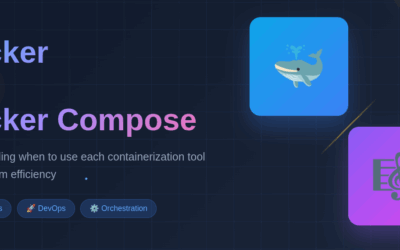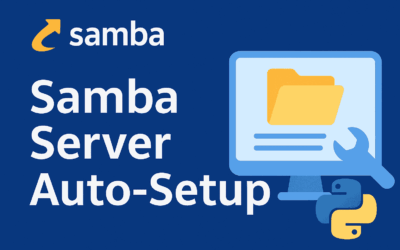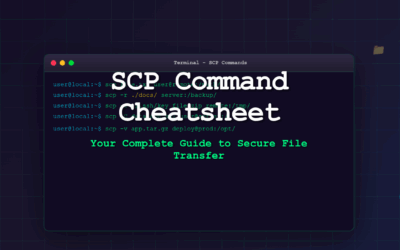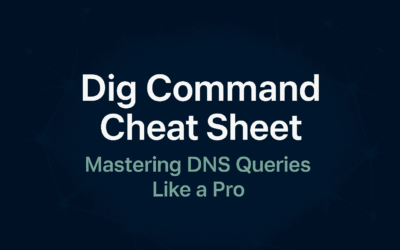Introduction As containerization continues to dominate the modern infrastructure landscape, Docker has become synonymous with container technology. However, many IT professionals still find themselves puzzled by the relationship between Docker and Docker Compose....
Sandbox99 Chronicles
From My Sandbox to Yours — Practical IT Insights.
Nala: A Smarter Frontend for APT on Debian-Based Systems
Introduction For decades, Debian and its derivatives such as Ubuntu, Linux Mint, and Pop!_OS have relied on the tried-and-tested APT (Advanced Package Tool) as their default package manager. While APT is reliable and powerful, its user interface and output formatting...
Samba Server Auto-Setup: Simplify File Sharing on Linux
Setting up a Samba server can be a repetitive and time-consuming task—especially if you manage multiple systems or need to redeploy often. To solve this, I recently published an open-source project on GitHub:👉 samba-server-autosetup 🔧 What is Samba? Samba is a free...
SCP Command Cheatsheet: Your Complete Guide to Secure File Transfer
Introduction SCP (Secure Copy Protocol) is a network protocol that allows you to securely transfer files and directories between hosts over an encrypted SSH connection. Built on top of SSH, SCP provides authentication and encryption, making it the preferred method for...
Dig Command Cheat Sheet – Mastering DNS Queries Like a Pro
Introduction When it comes to DNS troubleshooting and querying DNS records directly from the command line, the dig (Domain Information Groper) command is an essential tool for system administrators, network engineers, and penetration testers.This cheat sheet provides...
Setting Up Your Default Terminal in Openbox: A Complete Guide
Introduction If you're running Openbox as your window manager, you've likely chosen it for its lightweight nature and extensive customization options. One of the first things you'll want to configure is quick and easy access to your terminal emulator. Whether you're a...






